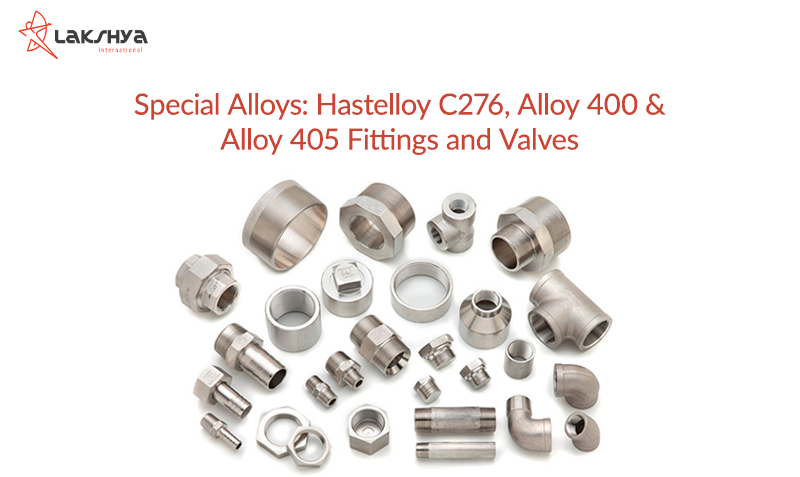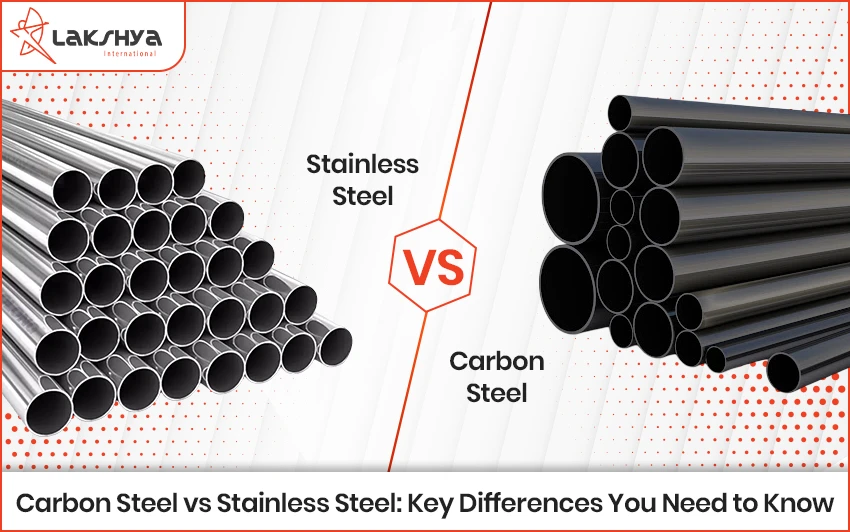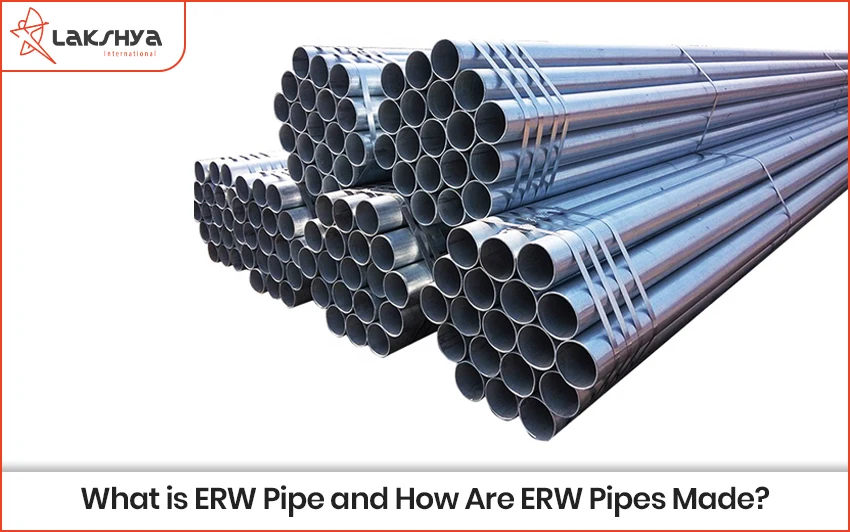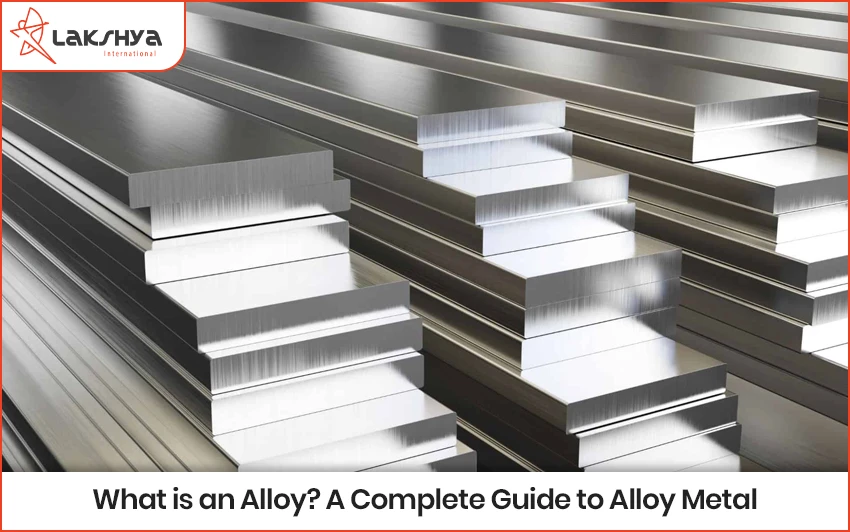Lakshya International specializes in the production of tube fittings, pipe fittings, and valves crafted from Alloy 400/405 and C-276, catering to instrumentation, utility, control, and process applications. Our range of products adheres to industry standards and offers substantial benefits in terms of installation, operation, and maintenance efficiency. We aim to become the preferred supplier for installers.
Hastelloy C276 Fittings:
Hastelloy C276 stands as a premier superalloy, composed of nickel, molybdenum, chromium, and tungsten. It ranks as the most widely utilized Hastelloy nickel alloy available. The elevated molybdenum and nickel content equip Hastelloy C276 with remarkable corrosion resistance, even in the harshest conditions. Furthermore, the presence of chromium forms a protective surface layer, thwarting oxidation. Its low carbon content is a significant advantage for welding, reducing carbide precipitation and ensuring optimal corrosion resistance without post-weld treatment.
Characteristics and Benefits of Hastelloy C276:
- Exceptional corrosion resistance in severe and reducing environments.
- Outstanding resistance to potent oxidizing solutions.
- Low carbon concentration reduces the formation of carbide during welding.
- Exceptional resistance to localized stress corrosion, pitting, and cracking.
- Unique resistance to chlorine-based corrosive substances.
- Industries and Applications Utilizing Hastelloy C276.
Due to its outstanding corrosion resistance, Hastelloy C276 proves invaluable in extreme environments, including marine applications, chemical manufacturing, wastewater treatment, and natural gas production.
What Is Alloy 400?
Alloy 400, commonly known as Monel 400, is a time-tested nickel-copper alloy with a history spanning over a century. It boasts high corrosion resistance and can endure temperatures of up to 1000°F, making it a prominent choice among corrosion-resistant alloys. Notably, Alloy 400 excels in cold conditions without succumbing to brittleness. It lends itself to both hot and cold processing, with cold-worked material displaying superior machinability. Alloy 400 exhibits some magnetic properties, making it unsuitable for applications requiring non-magnetic materials.
Characteristics and Advantages of Alloy 400
- Exceptional resistance to corrosion and cracking in seawater, brackish water, and freshwater
- Impressive temperature tolerance
- Superior resistance to various chemicals, including de-aerated hydrochloric and hydrofluoric acids, chlorides, salts, and alkalis
- Consistent mechanical properties across a wide temperature range, from sub-zero to 1000°F
Industries and Applications for Alloy 400
Alloy 400’s exceptional corrosion and temperature resistance render it invaluable in chemical manufacturing and marine applications. It is frequently employed in components subjected to harsh conditions and stress, such as fasteners, fixtures, shafts, springs, pumps, valves, containers, pipes, and heat exchangers.
What Is Alloy 405?
Much like Alloy 400, Alloy 405 is a nickel-copper alloy. It is often referred to as the machine-grade version of Alloy 400, thanks to its heightened machinability resulting from a higher sulfur content. Alloy 405 largely mirrors Alloy 400 in terms of temperature and corrosion resistance and performs commendably in sub-zero environments. The principal distinction lies in its machinability, making it a favoured choice for automatic screw machines.
Attributes and Benefits of Alloy 405
- Improved machinability.
- Outstanding resistance to corrosion and cracking in seawater, brackish water, and freshwater.
- Impressive temperature resistance.
- Superior resistance to various chemicals, including de-aerated hydrochloric and hydrofluoric acids, chlorides, salts, and alkalis.
- Reliable mechanical properties across a broad temperature spectrum, from sub-zero to 1000°F.
Industries and Applications for Alloy 405
Alloy 405 is highly regarded for its exceptional machinability and is typically deployed in automatic screw machines and as a chip breaker in machining applications. Its usage in other applications is generally discouraged.




